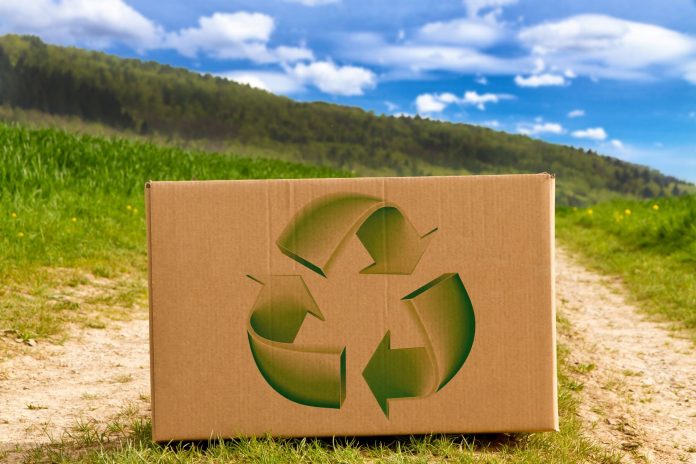The Eu Sustainable Products Initiative, which will revise the Ecodesign Directive and propose additional legislative measures as appropriate, aims to make products placed on the EU market more sustainable.
Consumers, the environment and the climate will benefit from products that are more durable, reusable, repairable, recyclable, and energy-efficient. The initiative will also address the presence of harmful chemicals in products such as: electronics & ICT equipment, textiles, furniture, steel, cement & chemicals.
The new EU sustainable product policy
In line with the Green Deal objectives, EU product policy needs to contribute to keeping climate and environmental impacts linked to resource and energy use, production and use of products within planetary boundaries. This means reducing the overall life-cycle climate and environmental footprint of the products placed on the EU market, achieving longer product lifetimes for example through more durable and reparable products, increasing circular material use rate, reducing waste and achieving higher recycling rates.
This initiative will aim to provide the basis for ensuring high environmental performance of all products and, to the extent possible and relevant, services on the EU market, by setting out sustainability principles and specific requirements linked to environmental and, where appropriate, social aspects. In coordination and synergy with other Green Deal and CEAP initiatives, it will propose the necessary changes to the EU legal framework to achieve the objectives set out in the Circular Economy Action plan 20208.
Sustainability and information requirements
Amongst other things, this will require improved information flows through, inter alia, mobilising the potential of digitalisation of product information, including solutions such as digital passports and tagging.
An impact assessment will be performed to assess which combinations of measures will best achieve the objectives. All combinations will include the widening of the scope of the Ecodesign directive to cover a wide range of products, beyond energy related products. This will enable the setting at EU level of appropriate minimum sustainability and/or information requirements for specific groups of products, giving priority to addressing product groups identified in the context of the value chains featuring in the Action Plan, such as electronics, ICT and textiles but also furniture and high impact intermediate products such as steel, cement and chemicals.
In addition, the following measures will be considered:
- Establishing overarching product sustainability principles.
- Establishing EU rules to make producers responsible for providing more circular products and intervening before products can become waste (for example providing products as a service, providing repair service/or ensuring spare parts availability).
- Establishing EU rules for setting requirements on mandatory sustainability labelling and/or disclosure of information to market actors along value chains in the form of a digital product passport.
- Establishing EU rules for setting mandatory minimum sustainability requirements on public procurement of products.
- Requirements to address social aspects throughout the product lifecycle as part of sustainability principles and requirements, where appropriate and feasible.
- Measures on production processes, for example to facilitate recycled content or remanufacturing and to track the use of hazardous substances in such processes.
- Measures to ban the destruction of unsold durable goods.
Some of these measures would be of horizontal nature, while others would target specific sectors. The addressees of the legal obligations under the different measures might also differ. Particular attention will be given to the operational feasibility, minimizing related administrative burdens and facilitating implementation and enforcement.
The measures will be assessed against a ‘business as usual’ baseline option (in which no policy changes are introduced) to identify the best combination of measures to achieve the objectives set out in the CEAP. In doing so, particular attention will be paid to coherence with existing relevant EU policy instruments and other ongoing new initiatives.
For more information, contact us at +39.0583.40011 or Mail to: productsafety@ecolstudio.com
A better, safer and more sustainable world together is possible!
Visit our website for more info about the concept Safe For









